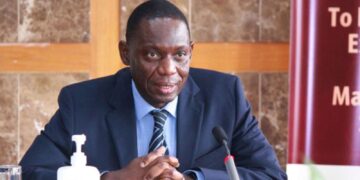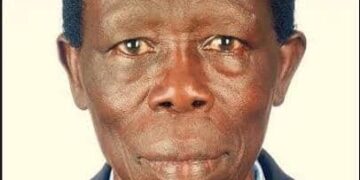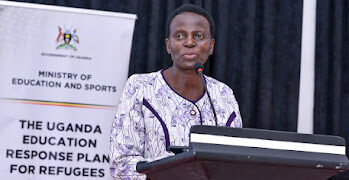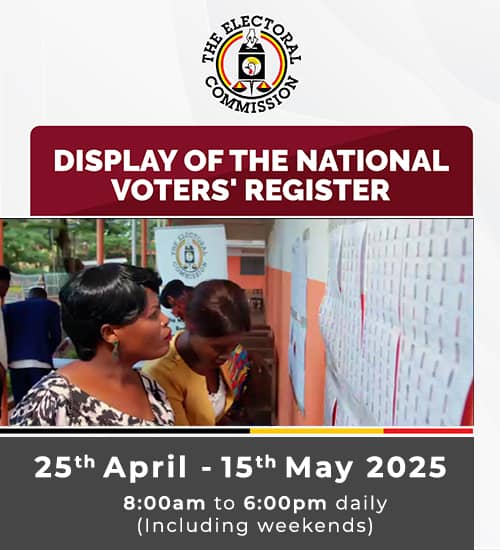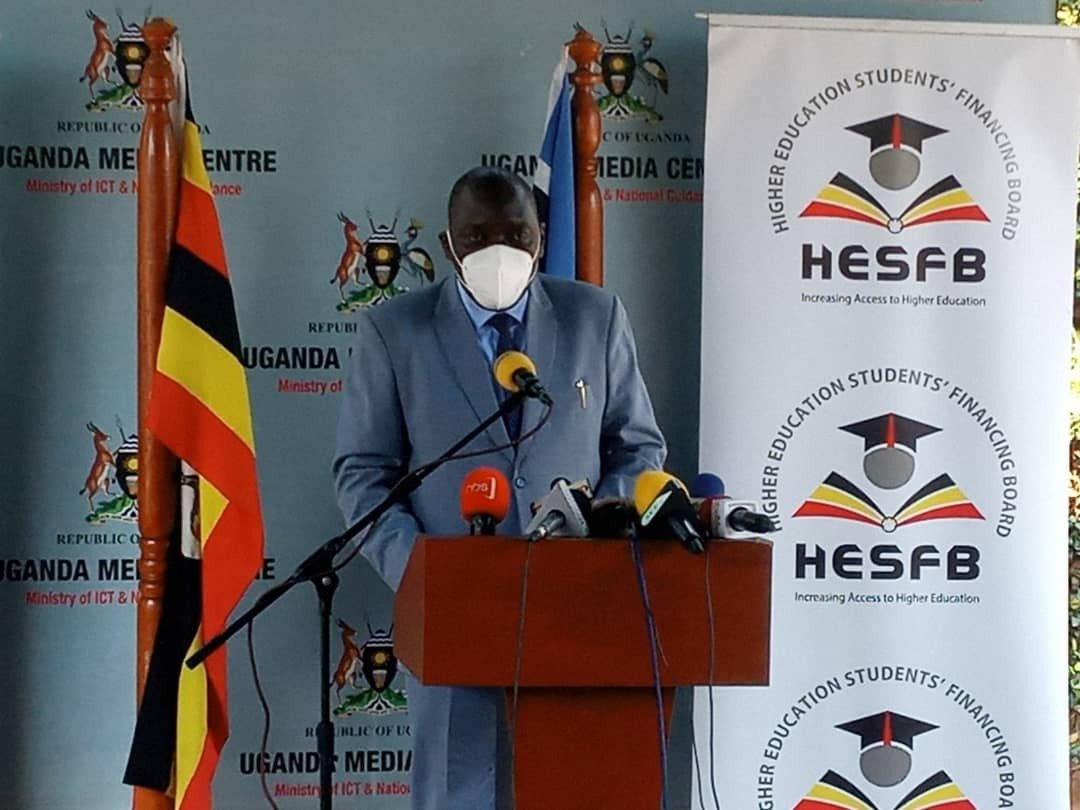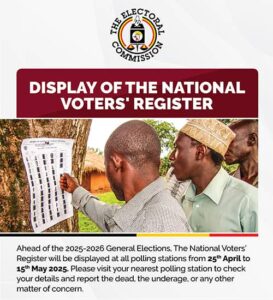Uganda’s president Yoweri Museveni says sustainable prosperity for Africans can only be derived from mass production of goods and services instead of begging from governments at home or abroad.
Museveni’s remarks are in a letter he authored upon his return from a regional summit in Arusha Tanzania, where Somalia was admitted into the East African Community (EAC) as the Eighth member. In his letter, Gen. Museveni appreciated the expansion of the EAC which he said will facilitate Economic integration that will guarantee prosperity of citizens.
He however advised that citizens should not expect sustainable prosperity from begging from either local or foreign governments, but from individuals within member states engaging in production of goods and services to satisfy markets at home and abroad.
Bellow is Gen. Yoweri Museveni’s letter authored on November 26, 2023
Countrymen, countrywomen and, especially, the Bazzukulu.
Greetings.
I was in Arusha yesterday for the EAC summit, where Somalia was admitted as the eighth country. The EAC now has a combined population of more than 300 million People and a land area of 2,104,210.82 Sq. miles. This is about 56% of the size of the territory of the USA.
Remember that the minimum target of economic integration is to deal with the prosperity of our People.
The question that the Post-independence leaders of Africa had to answer was: “Where does prosperity come from?” “Does it come from begging from other countries or even from the Governments of our respective countries?” The answer is: “No. Sustainable prosperity can only come from every adult to be engaged in producing a good or a service that he or she can sell, get income and address his or her prosperity issues!”
Government spending can deal with some aspects of social issues such as health, education, etc., but not all the issues of prosperity beyond putting in place an enabling atmosphere for wealth creation (peace, infrastructure, policy stimuli, etc.).
If all the adults engage in producing goods or services, then who buys those goods or services? Are the internal markets of our respective countries enough to support the sustainable prosperity of our People? The answer is that the internal markets are not enough because if internal markets of countries were enough, why would countries like China or India, each with 1.5bn People, still struggle to sell their products in other markets? Africans not addressing this issue is the highest form of okulambaala (nino, kwebaka, kugwejegyera, sleeping).
It is, therefore, a source of satisfaction that the NRM, right from 1986, started, in concert with our brothers of Kenya and Tanzania, initially, working on the restoration of the EAC which had collapsed in 1977 on account of the tensions caused by the coming to power of Idi Amin in Uganda in 1971.
It is, therefore, a great source of satisfaction to see how it has grown. I salute Mwalimu who was still alive but out of Government who supported us through the Mwalimu Nyerere Foundation.
I salute the Wazee Hassan Mwinyi, Arap Moi, Ben Mkapa, Mwai Kibaki, that helped in the resurrection of the nucleus of the EAC. Thereafter, the leaders of Rwanda, Burundi, South Sudan and DRC brought their countries into the EAC. I salute them.
Now Somalia has come in. Salutations to the Somali leaders and People. In 1968, both Somalia and Zambia, had applied to join the EAC. It was Amin’s coup in Uganda that interfered with those developments.
















